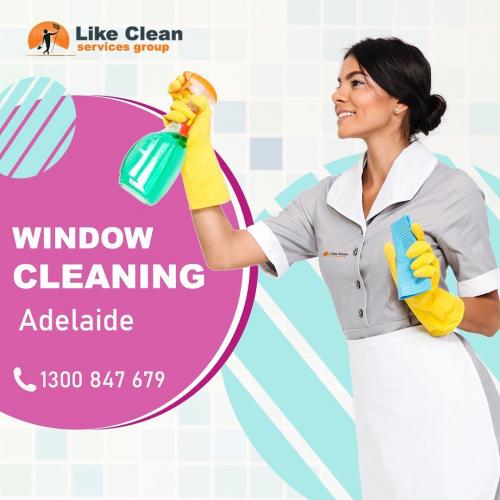what is the best homemade window cleaning solution

The homemade window cleaner is a cheap, eco-friendly alternative to chemical cleaners. Make these easy DIY window cleaner recipes to keep your glass surfaces sparkling.
They are much more effective than commercial window cleaners. To begin with, they are relatively inexpensive to make. Window and glass cleaner is typically about a third of the cost of most store-bought cleaning sprays. The cost of making a DIY glass cleaning solution is minimal since many homemade cleaner recipes require ingredients you already have on hand.
Additionally, homemade cleaners are more environmentally friendly. You'll save bottles from landfills as well as fuel that would have been used to get those bottles to the store. Additionally, a natural glass cleaner, such as distilled white vinegar, is much gentler on earth than most pre-mixed cleaners. Another benefit is that the recipe can be adjusted as needed. With a homemade window cleaning solution, you can control the ratios and quality of the ingredients. If the formula doesn't feel quite right, you can adjust it to suit your tastes.
You can make your own homemade glass cleaner for streak-free, shiny windows. Method 1: Basic Homemade Window Cleaner Recipe
The majority of homemade window cleaners use water as a base. Distilled water is recommended over tap water. Pure and shelf-stable, it leaves fewer stains. You can easily customize this recipe with your favorite essential oil for a quick and simple homemade cleaner.
Ingredients:
2 cups distilled water
1/2 cup vinegar
10 drops essential oil
Shake the ingredients together in a spray bottle. If you prefer, you can use whichever essential oil you prefer. We used lemon because of its clean, fresh scent.
Method 2: Cleaning windows with rubbing alcohol
This recipe contains rubbing alcohol, which speeds up the evaporation of the solution on glass surfaces, reducing the risk of leaving water spots. You should store this homemade window cleaner away from children and pets because rubbing alcohol is highly flammable.
Ingredients:
1 cup distilled water
2-3 tbsp. white vinegar
1/4 cup rubbing alcohol
Fill the spray bottle with distilled water after adding the alcohol and vinegar. Shake vigorously to mix. It's best if the label of your vinegar says it's made from grain.
Method 3: Use dish soap to clean your glasses
You only need a small amount of dish soap to clean glass surfaces with dish soap.
Ingredients:
16 oz hot water
plus a few drops of dishwashing liquid
Fill a large bucket with water and dishwashing liquid. You will get a streak-free finish if you use distilled water.
How to Use DIY Window Cleaner
Be sure to choose a new, clean spray bottle for your DIY glass cleaner; old bottles might contain residual chemicals that could cause a reaction. You should also label it accordingly. Avoid using any cleaner containing vinegar on marble, granite, slate, tile, or solid surfacing, which it could damage. For other cleaners, always test a small spot first in a hidden location to be sure it won't damage the surface.
When cleaning windows, mirrors, shower doors, and other glass surfaces, always work from top to bottom. You'll avoid streaks and drips this way. Make sure you let the homemade window cleaner do its job. Wipe dry with a microfiber cloth after spraying and waiting a few minutes. You should make sure the cloth is completely clean before you use it on glass surfaces. You could leave streaks if your cloth contains any laundry soap or other residues. As a result, do not wash your cleaning cloths with those used for cleaning cars or other greasy jobs. Additionally, paper towels and rags leave lint and residue behind. You can achieve a clear, shiny finish on your window with these tips. Check out these DIY window cleaners.
Advertise on APSense
This advertising space is available.
Post Your Ad Here
Post Your Ad Here
Comments